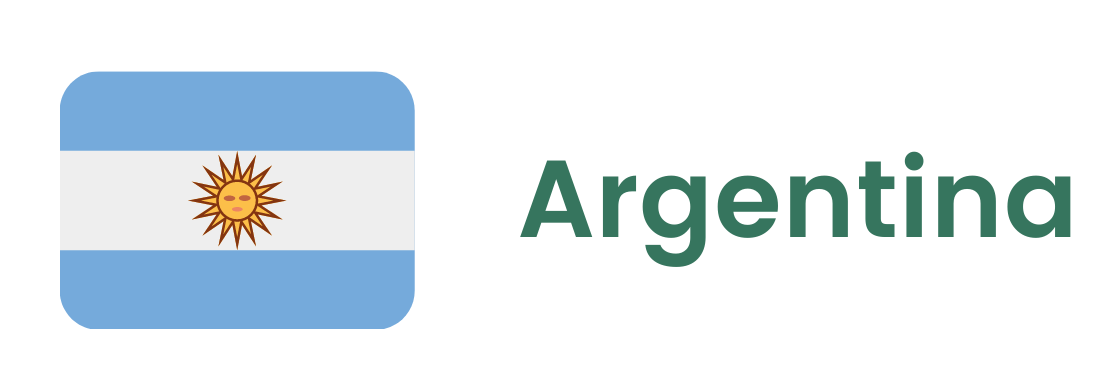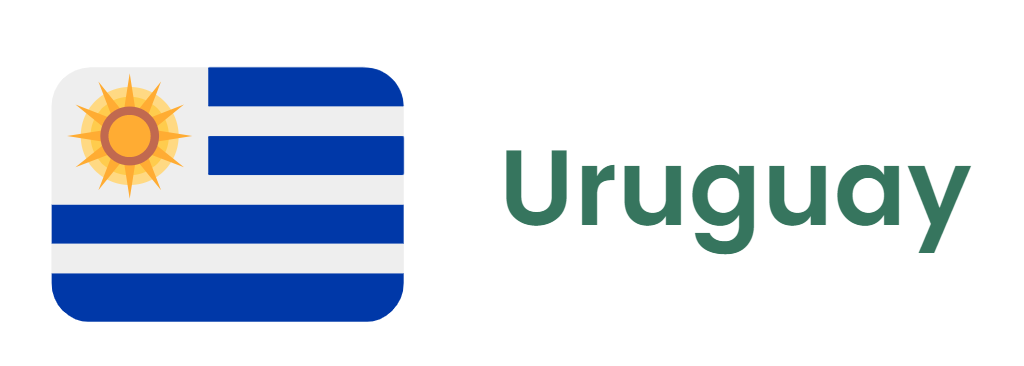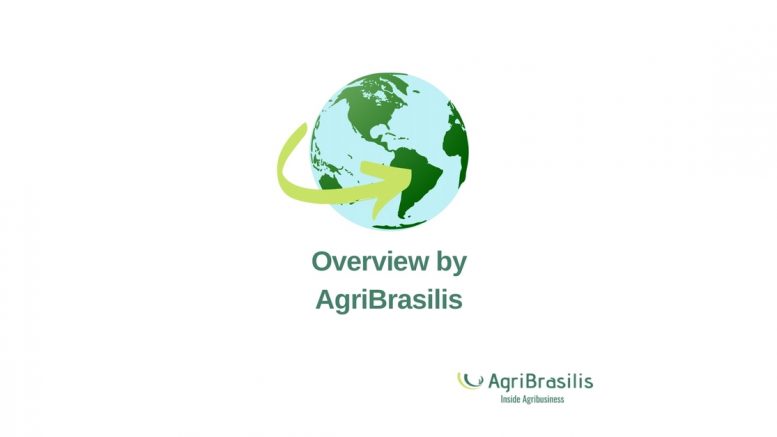Ban on GMO corn in Mexico

End of the appropriate sowing time for soybeans. The worst yields of soybean in 12 years are forecasted. The best quality soybean in the core region are usually planted between October 20th and November 15th. As the days of November go by, yield potential decreases. Therefore, planting after November 15 is avoided. (Rosario Stock Exchange)
Reduced wheat harvest forecast to 11.8 million tonnes, compared to the previous forecast of 13.7 million tonnes. Prolonged drought is causing huge losses for farmers. Current campaign is expected to be the worst in seven years. 22 to 24 million tonnes are harvested in good years and domestic consumption is 10 million tonnes. Thus, the surplus for export will be minimal. (Rosario Stock Exchange)
Lack of dollar circulation leads to production halt of agrochemicals and fertilizers. If there is no change in the rule that affects imports of essential raw materials for the industry, the production of inputs will be even more compromised. Approval of the Argentine Republic’s Import System will be fundamental for the normalization of production. (Ciafa)
Trend of falling prices of herbicides. Glyphosate decreased by 30%, glufosinate by 20%, clethodim by 11% and 2,4-D by 1%. (Az Group)

Gross Value of Agricultural Production in 2022 should reach U$ 217.62 billion. Projected revenue from crops is US$ 150.39 billion (up 0.4%) and from livestock, US$ 67,31 billion (down 4%). Estimated value for the year is slightly lower than that of 2021 (US$ 222.75 billion), but it is the second highest value in the last 30 years. (Ministry of Agriculture)
Amaggi sells 60% of the 2022/23 soybean harvest, at a pace above the market average. The goal is to harmonize the period of soybean commercialization with the acquisition of inputs. “We sell to cover costs. Historically, we are in line with what we do every year, but that is not always in line with what the market is doing,” said Amaggi Agricultural Operations Director Pedro Valente. Amaggi’s percentage of sales is almost double that recorded in the State of Mato Grosso. (Amaggi)
Orizon announces the creation of a new company, BioE, focused on biomethane and energy generation projects. Investments of approximately US$ 222.15 million will be made over the next two years. (Orizon)
Cosan records a net loss of US$ 37.38 million in the 3Q, compared to a profit of US$ 610 million in the same period of 2021. (Cosan)
Tereos invests US$ 4.35 million in a project for expansion of use of vinasse to fertilize its sugarcane fields, increasing the company’s areas of application by around 40,000 hectares. (Tereos)
BrasilAgro announces a profit of US$ 7.78 million in the 1Q of the 2022/23 agricultural season, between July and September, reaching a net margin of 13%. According to the company, the 1Q usually represents an average of 30% of revenues within the fiscal year. (BrasilAgro)
Ministry of Agriculture sent a list of the first five companies authorized to export citrus pulp to the General Administration of Customs of China. Citrus pulp is a by-product of the extraction of orange juice by the industry and serves as raw material for animal feed. (MAPA; GACC)
Former Minister of Agriculture, Tereza Cristina, senator-elected of the State of Mato Grosso do Sul, takes office as holder of the National Academy of Agriculture, along with Antonio Freitas, pro-rector of FGV and director of the National Society of Agriculture; Francisco Maturro, Secretary of Agriculture of the State of São Paulo, among others. (National Academy of Agriculture)
Sugarcane was the main highlight in the creation of job openings in the state of São Paulo in September, with the generation of 1,163 new formal jobs. (Faesp)


SAG authorizes trade of more than 7 million Monterrey strawberry plants, after verifying absence of the strawberry nematode (Aphelechoides fragariae) because of treatment with phosphine. With this third authorization, 12 million healthy plants were released for sale, in addition to the 16 million healthy untreated plants released at the beginning of sampling in the affected nurseries, totaling 28 million. (SAG)
Chilean shipping companies report a 25% increase in refrigerated freight rates. Added to the previous increases, the rise is of 100% of these costs in two years. Increase contradicts expectation of a drop in freight and container prices, as there is evidence of a decrease in demand for ships internationally. (SNA; Fedefruta; ASOEX)

Government purchases of US corn stopped because of the ban of GMO corn. “There’s a market for it, but the government can’t buy it because we don’t want transgenics,” said President López Obrador, citing the lack of scientific research into the effects of GMO foods. (Ministry of Agriculture)
Iowa senators sent a letter to the United States Trade Representative office calling for intervention in the ban on American corn in Mexico, alleging severe damage to farmers in the state and to the corn belt as a whole. US economy is forecast to lose US$ 73.89 billion in economic output over 10 years. (United States Senate)


At the end of October, the country ended exports of the remainder of the past harvest, both grains and soybean oil and pellets. Because of the historic drought, the drop in production recorded in 2021/22 continues to impact soybean shipments. (Capeco)

A 10-year boom in blueberry exports could be compromised by 70% increase in shipping prices compared to pre-pandemic levels. Extra cost is US$3,000 to US$5,000 per container. (Proarándano)

Cultivated area of canola increased by 100 thousand hectares compared to the previous crop. Exports were valued at US$ 170 million, which represents an increase of US$ 100 million compared to 2021. (Ministry of Agriculture)

READ MORE:

